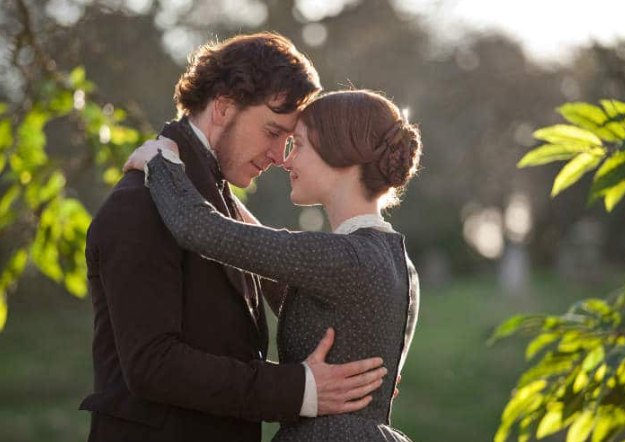Romanticism in Jane Eyre: An Exploration of Emotion and Individuality
The themes of Romanticism are deeply woven into the fabric of Charlotte Brontë’s “Jane Eyre,” making it a pivotal text for understanding this literary movement. Romanticism emphasizes emotion, nature, and the individual’s experience, all of which are vividly portrayed in Jane’s journey. By exploring these aspects, we not only gain insight into the novel but also appreciate its lasting influence on literature and society.
The Role of Emotion and Passion
At the heart of Romanticism lies the expression of deep emotion and passion, which is prominently featured in “Jane Eyre.” Jane’s experiences, from her tumultuous childhood to her fervent love for Mr. Rochester, are steeped in intense feelings that challenge societal norms. Her emotional growth reflects the Romantic ideal of following one’s heart despite external constraints. As she navigates love, loss, and self-identity, Jane embodies the Romantic spirit, showcasing that true fulfillment comes from embracing one’s emotional landscape.
Nature as a Reflection of Inner States
Nature plays an essential role in Romantic literature, serving as both a backdrop and a reflection of characters’ inner emotions. In “Jane Eyre,” the moors, gardens, and settings frequently symbolize Jane’s tumultuous feelings and personal growth. For instance, the desolate moors represent her isolation and longing for freedom, while Thornfield Hall’s gardens evoke a sense of safety and beauty that contrasts with her struggles. This connection between nature and emotion highlights the Romantic notion that the natural world is intimately linked to human experience, enriching the narrative and deepening our understanding of Jane’s character.
The Quest for Individual Identity
Romanticism champions the importance of individualism and personal integrity, themes that resonate deeply in Jane’s life. Throughout the novel, Jane grapples with issues of class, gender, and morality, striving to carve out her own identity in a restrictive society. Her refusal to compromise her beliefs for love or social acceptance underscores the Romantic credo of authenticity. By asserting her individuality, Jane not only defies societal expectations but also inspires readers to consider their paths toward self-discovery and empowerment.
In conclusion, the Romanticism found in “Jane Eyre” continues to resonate today, inviting us to explore our emotions, our connections to nature, and the importance of our individual journeys. Delving into these themes enhances our appreciation of Brontë’s work and encourages us to reflect on our own lives. If you’re intrigued by the depths of emotion and the quest for identity, consider reading “Jane Eyre” or exploring more literary analyses that highlight these rich romantic elements.
